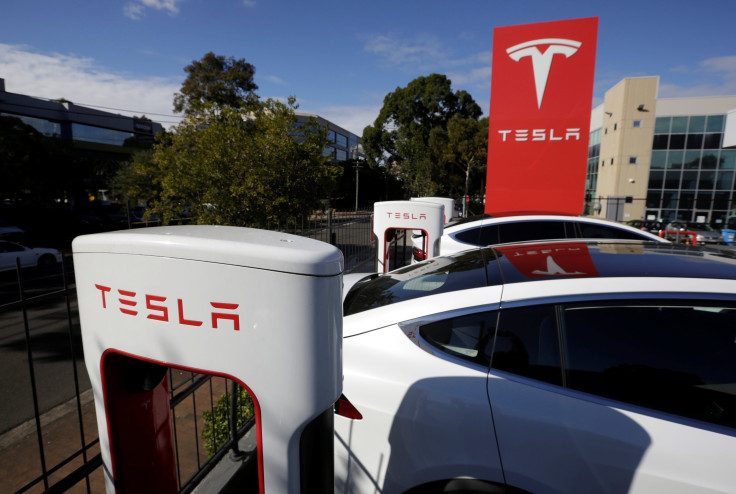What Does Tesla Have To Hide?

This article originally appeared on the Motley Fool.
Almost everything we know about Tesla (NASDAQ:TSLA) epitomizes fearlessness. The company challenged an ancient industry set in its ways, was willing to take on the risky SolarCity acquisition so early in its own story, and even offered to release its patent information to help drive the adoption of electric vehicles. Tesla's founder and CEO, Elon Musk, at one point went all in and invested his last dime into his businesses, hopes to build a Hyperloop transportation system, continues to run the space exploration technology company SpaceX, and has said he would like to die on Mars. Even Tesla's day-to-day operations are marked by insane production deadlines -- the company takes on challenges fearlessly.
• Motley Fool Issues Rare Triple-Buy Alert
So it's interesting that a company so fearless isn't willing to share its data with J.D. Power's Initial Quality Study (IQS), a study viewed as an industry benchmark for vehicle quality.
A solid track record
Tesla has a history of solid ratings: Consumer Reports initially called the Model S 85 kWh configuration the best vehicle it ever graded, with a 99/100 score -- a ranking that would eventually be topped by the P85D, which somehow scored a 103/100. The Model S also topped Consumer Reports' owner satisfaction rankings, and the Tesla Model X recently earned a five-star rating from the National Highway Traffic Safety Administration in all tested categories, the highest ever safety rating for an SUV. So it's not as if Tesla makes poor-quality vehicles.
"I don't know that they're hiding anything. They just don't want to participate," Dave Sargent, vice president, global automotive at J.D. Power, said at the time the survey results were released, according to Automotive News. "It's not like their cars are falling apart."
• This Stock Could Be Like Buying Amazon in 1997
"They don't want to play this game," he continued, adding: "We're hoping they will come to the party because we're increasingly getting this question."
Why avoid the study?
Despite having a history of strong consumer satisfaction, safety, and quality ratings, Tesla hasn't granted access to its consumer information. The way IQS works is that J.D. Power collects customer registration data from individual states and uses that information to send surveys to tens of thousands of people who have purchased or leased a vehicle for the relevant model year. However, the snag is that California, Tesla's homeland, requires that state officials receive permission from automakers before releasing this specific data. As the sole automaker not allowing access, Tesla is not included in J.D. Power's study because of lack of sufficient data.
One possible reason behind Tesla's refusal to play nice with J.D. Power's IQS is that the automaker has a tendency to push out technology early, before every last bug has been fixed. Furthermore, Tesla's vehicles are known for their large center console screens, and even small issues with a vehicle's infotainment systems have sent companies, such as Ford Motor Company , spiraling down the rankings in previous years. Perhaps, too, because of recent criticism due to smaller quality issues with new components -- such as the Model X's falcon-wing doors, or the Autopilot system, which is under scrutiny following a couple of crashes -- Tesla would prefer to avoid such studies until it has an even larger amount of data for J.D. Power to collect.
• 7 of 8 People Are Clueless About This Trillion-Dollar Market
Tesla in a way is a story stock. Though many investors have generated serious wealth buying into its story, the company has yet to turn a profit producing cars. Eventually, management is going to be forced to execute on its ambitious production goals, turn a profit on its vehicles, and play by the same quality rules and studies as the competition, or Tesla risks turning risk-averse investors away from its appealing story. This isn't something that should alter your investment thesis just yet, but one can't help but wonder: For a company as fearless as Tesla, what is the young automaker afraid of?
Daniel Miller owns shares of Ford. The Motley Fool owns shares of and recommends Ford and Tesla. The Motley Fool has a disclosure policy.





















